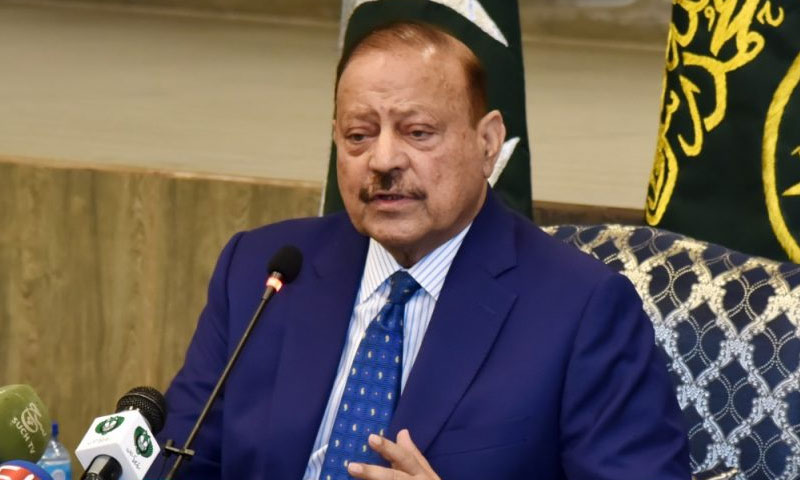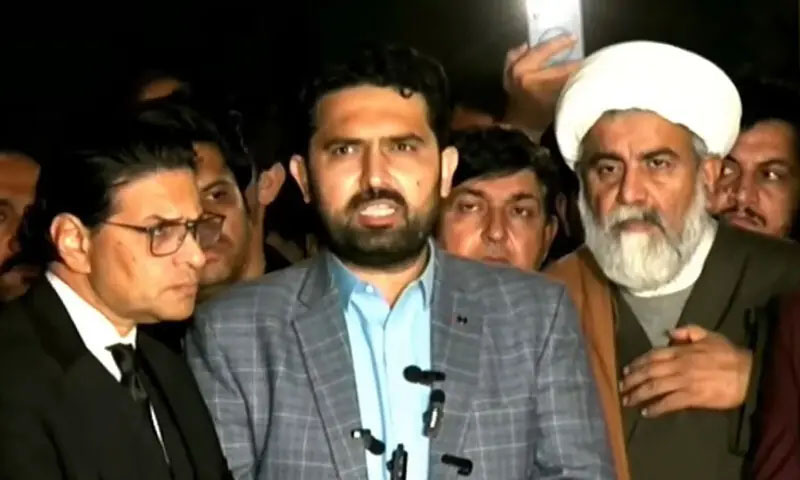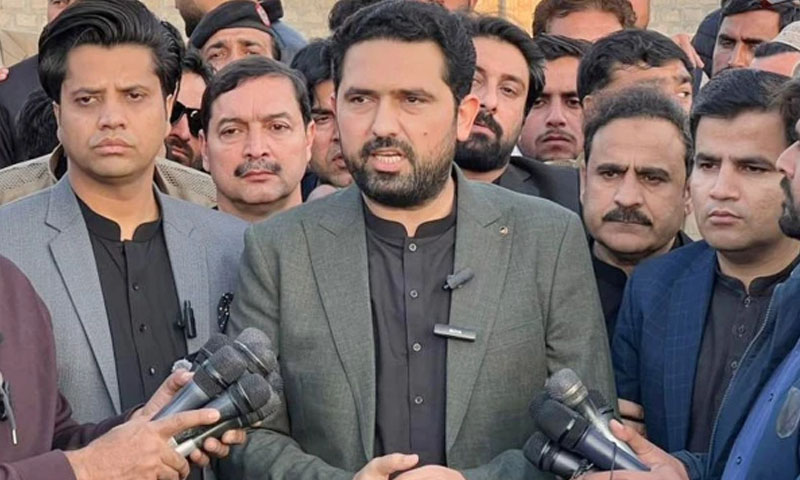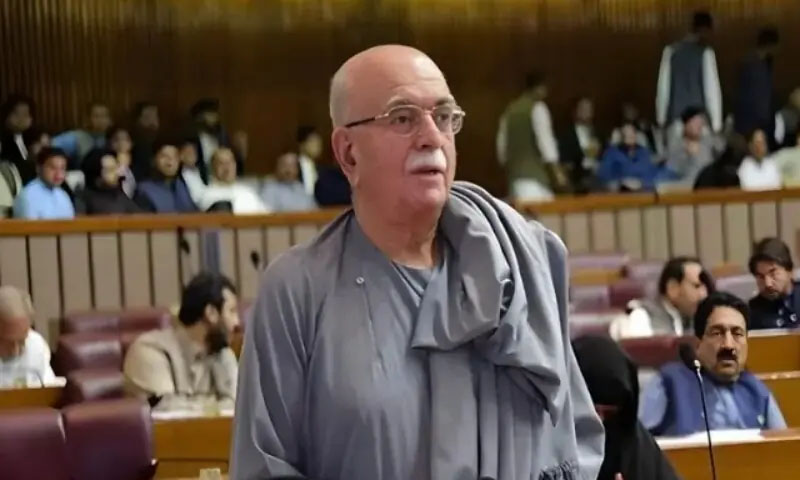- Web Desk
- Jan 31, 2026
The controversial legacy of Sikander Sultan Raja
-

- Abobakar Khan Web Desk
- Jan 29, 2025

ISLAMABAD: Sikander Sultan Raja’s tenure as the Chief Election Commissioner (CEC), which officially expired on January 26, has left behind a trail of baggage marred by controversies, electoral manipulation, rigging and failure to implement electoral reforms, culminating in the highly disputed 2024 general election.
A retired bureaucrat from the Pakistan Administrative Service (PAS), Sikander Sultan Raja’s appointment as the CEC on January 27, 2020, for a five-year term was marred by persistent doubts over the transparency of Pakistan’s electoral process, with political parties and observers consistently questioning his leadership.
His tenure as the CEC has expired on January 26, 2025, however, Article 215 (1) in the 26th Amendment, he and two other ECP officials would continue to hold the office till their replacements are announced by the government.
Before assuming the office of the CEC, Sikander Sultan Raja had an extensive career in Pakistan’s civil service, holding significant positions such as the deputy commissioner of Islamabad, the director-general of the Excise and Taxation Department Punjab and the federal secretary of petroleum and natural resources. Despite this experience, his time as the ECP has been marked by disputes with several political parties pointing fingers at his leadership.
Raja’s leadership came under fire in July 2022, when the Punjab Assembly passed a resolution expressing doubts over the neutrality of the ECP. The resolution called for Raja and the other commission members to resign, demanding an unbiased and reliable electoral body to guarantee free and fair elections.
In December 2023, the Pakistan Tehreek-e-Insaf (PTI) challenged the appointment of bureaucrats as returning officers (ROs) and district returning officers (DROs), arguing that such appointments could result in biased and unfair decisions. Initially, the Lahore High Court suspended the ECP’s decision, but the Supreme Court, later, overturned this ruling, allowing the appointments to proceed. Afterwards, several PTI leaders had their nomination papers rejected, which led the party to accuse the ECP of pre-poll rigging.
Also: Chief election commissioner holds emergency meeting with top judges after LHC’s order on ROs
PTI Senator Dr Mohammad Humayun Mohmand harshly criticized Raja’s performance, saying “If you truly assess the election commissioner’s role, “Sikander Sultan Raja neither governed like a ‘Sultan’ nor upheld the dignity of a ‘Raja’. His tenure was riddled with manipulation and rigging. Ultimately, history will judge whether his actions were ethical — or purely political”
Failure to Implement Key Electoral Reforms
One of the major objections raised against Raja was his utter failure to grant overseas Pakistanis the right to vote. Critics pointed out that, as Pakistani citizens, overseas Pakistanis should have been given the right to vote using accessible methods like postal ballots. Despite several possible solutions, the Election Commission of Pakistan failed to put in place any effective system to include overseas Pakistanis in the electoral process.
Another area of criticism was Raja’s hesitation to introduce the Electronic Voting Machines (EVMs). While countries such as India and the United States have successfully implemented EVMs to improve election transparency, Pakistan missed the opportunity to modernise its electoral process under Raja’s stewardship.
One of the most controversial decisions during his tenure was depriving the PTI of its official symbol, which meant that the party’s candidates would have to contest the 2024 election as independents. This decision sparked widespread condemnation, with many viewing it as an attempt to interfere with the election outcomes. This decision augmented claims of a lack of transparency in the upcoming 2024 elections.
Political Reactions and Public Perception
PTI senior leader Aliya Hamza Malik condemned Raja’s tenure, stating “What can I say about Chief Election Commissioner Sikander Sultan? His term is a dark chapter in history. He stole PTI’s electoral mandate and tried to steal reserved seats. While in office, he may hold power, but once his term ends, he won’t have the courage to face the public.”
Despite repeated attempts, Hum News English reached out to several major political parties and politicians for comments on the matter, but no responses were received before the publication of this story.
A Legacy of Distrust
Sikander Sultan Raja’s tenure, which has been characterised by allegations of manipulation, suppression of political opposition, and resistance to electoral modernisation, has left behind a profoundly fractured democracy as he continues in office under legal technicalities.
Despite the extensive criticism from political parties and civil society, one question remains: Will Pakistan’s next elections be free from the specter of his controversial legacy?




